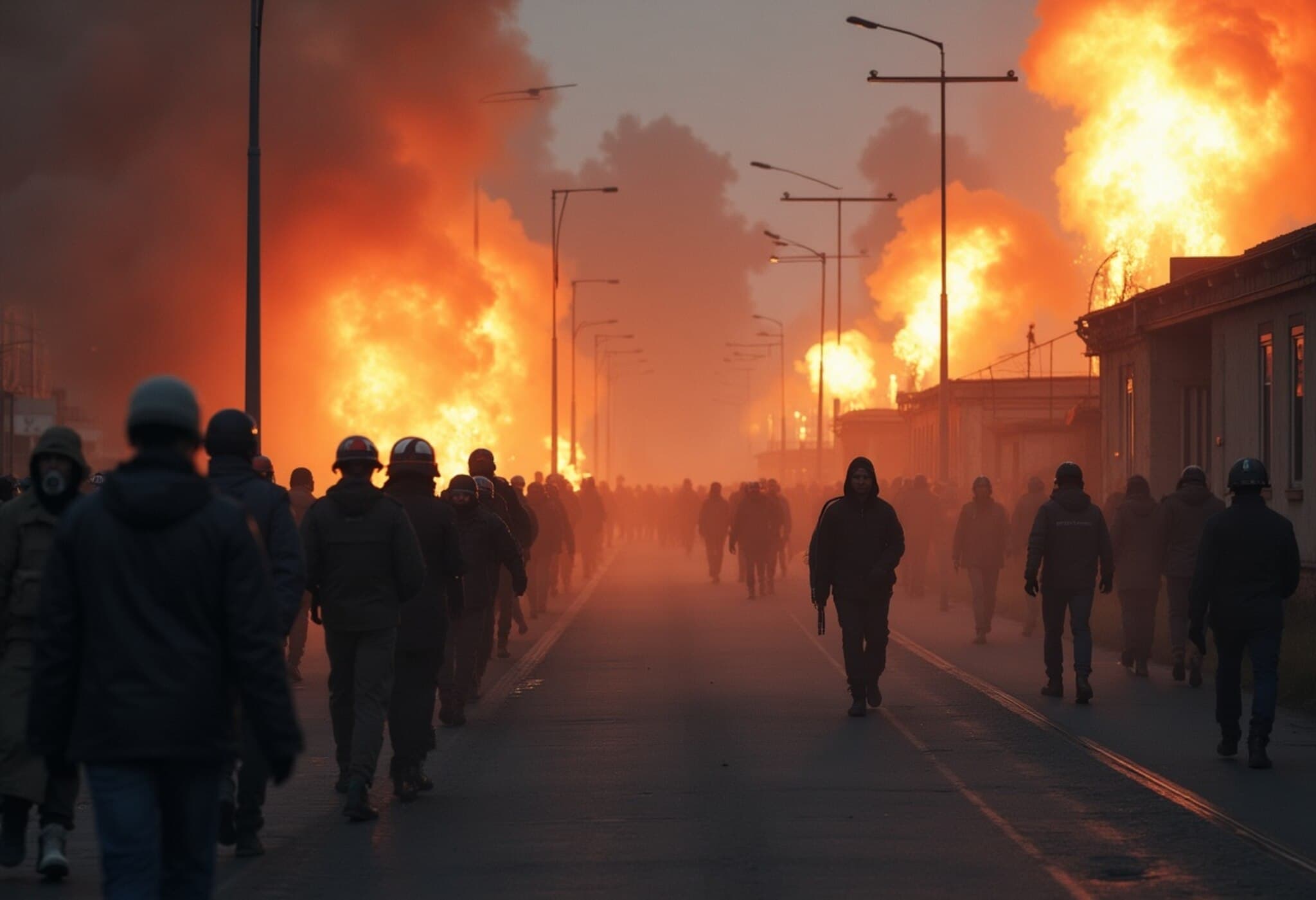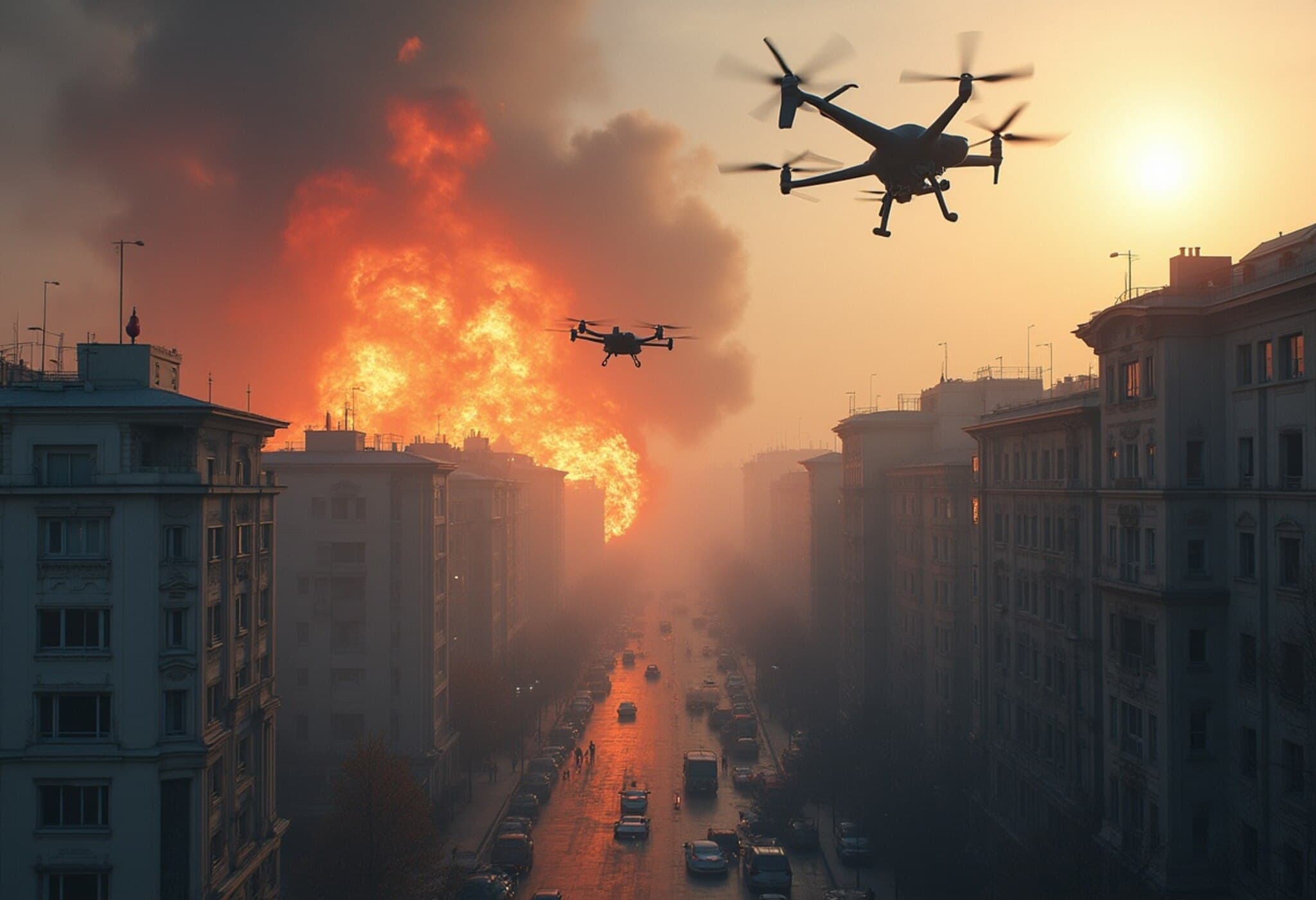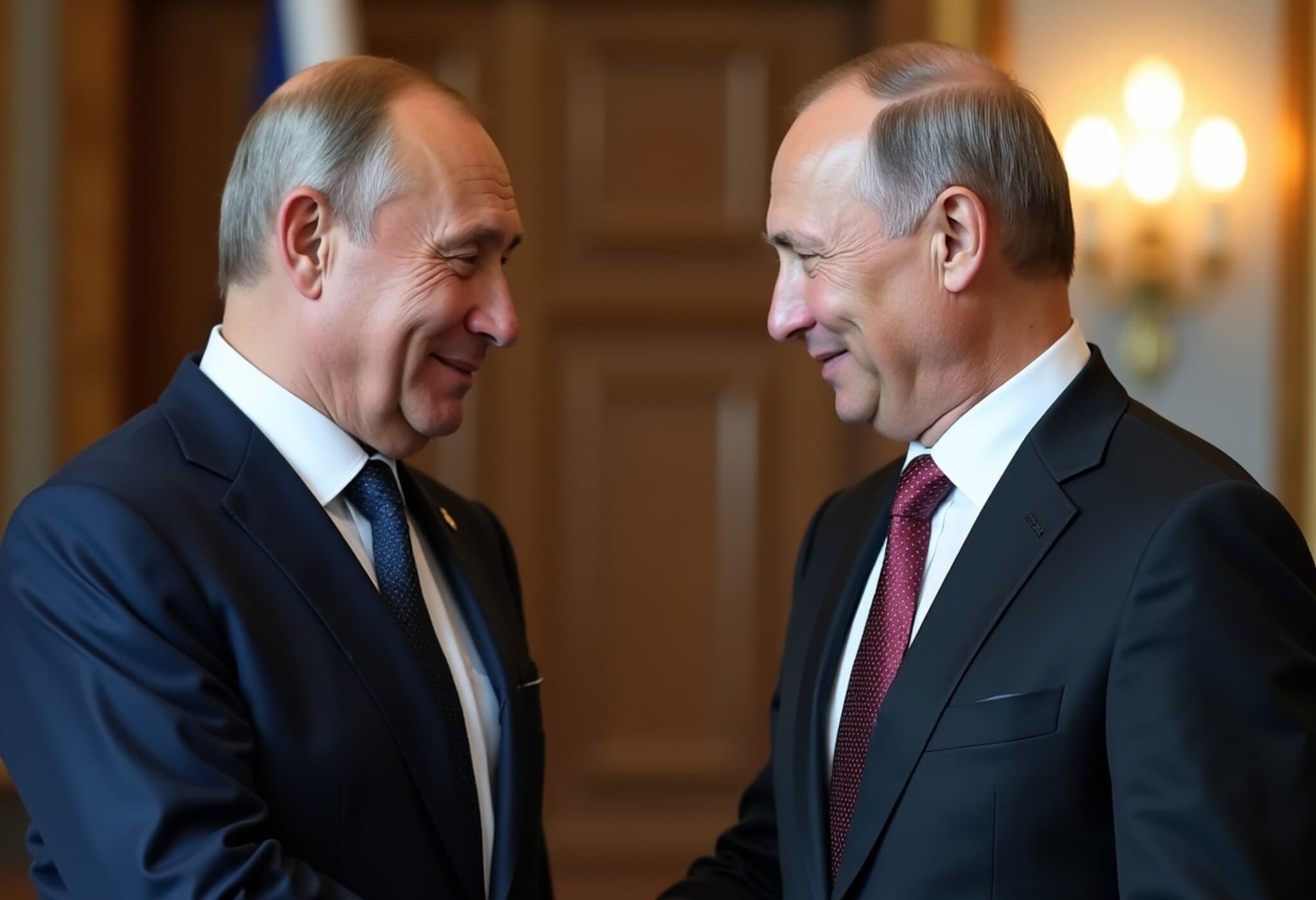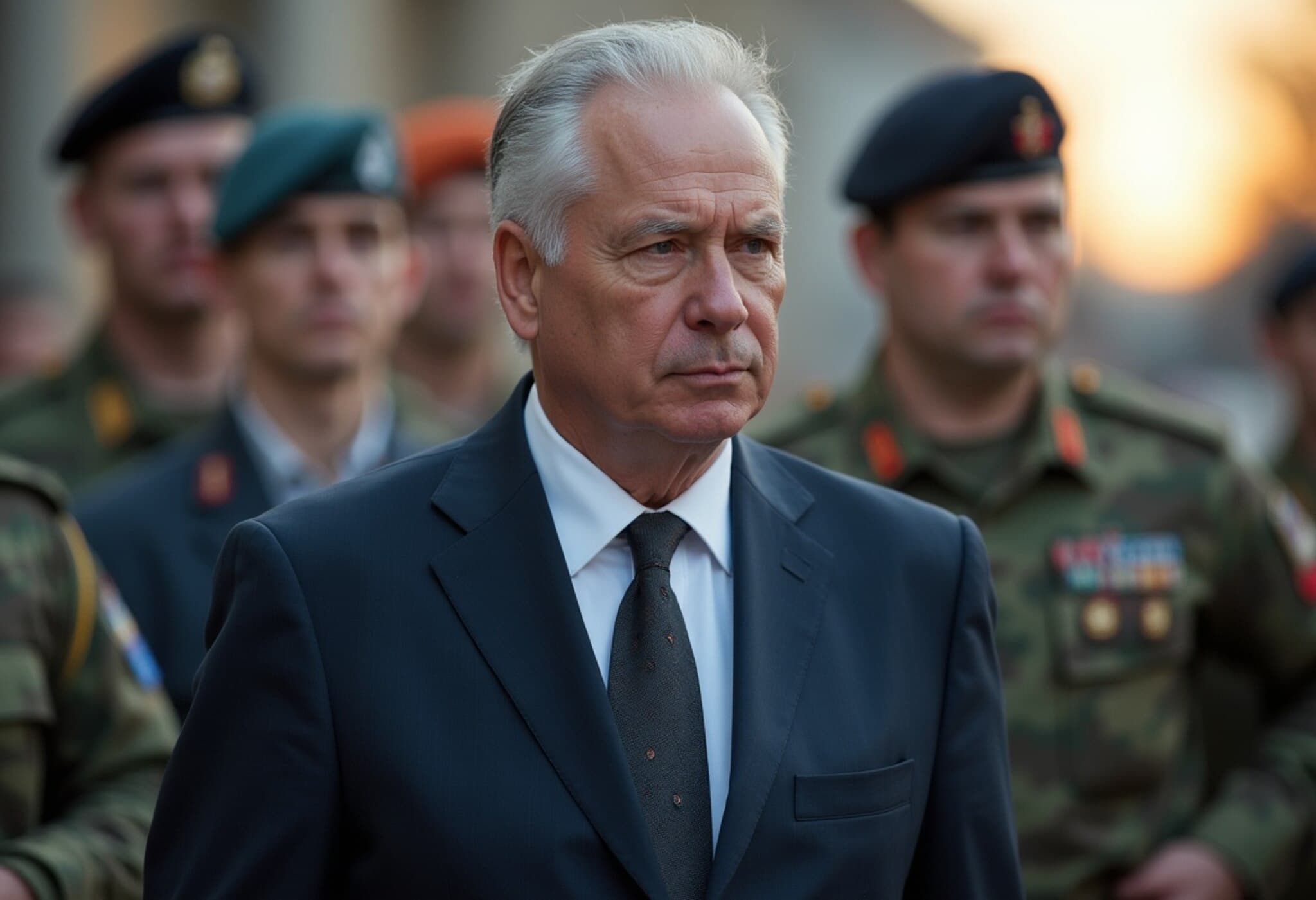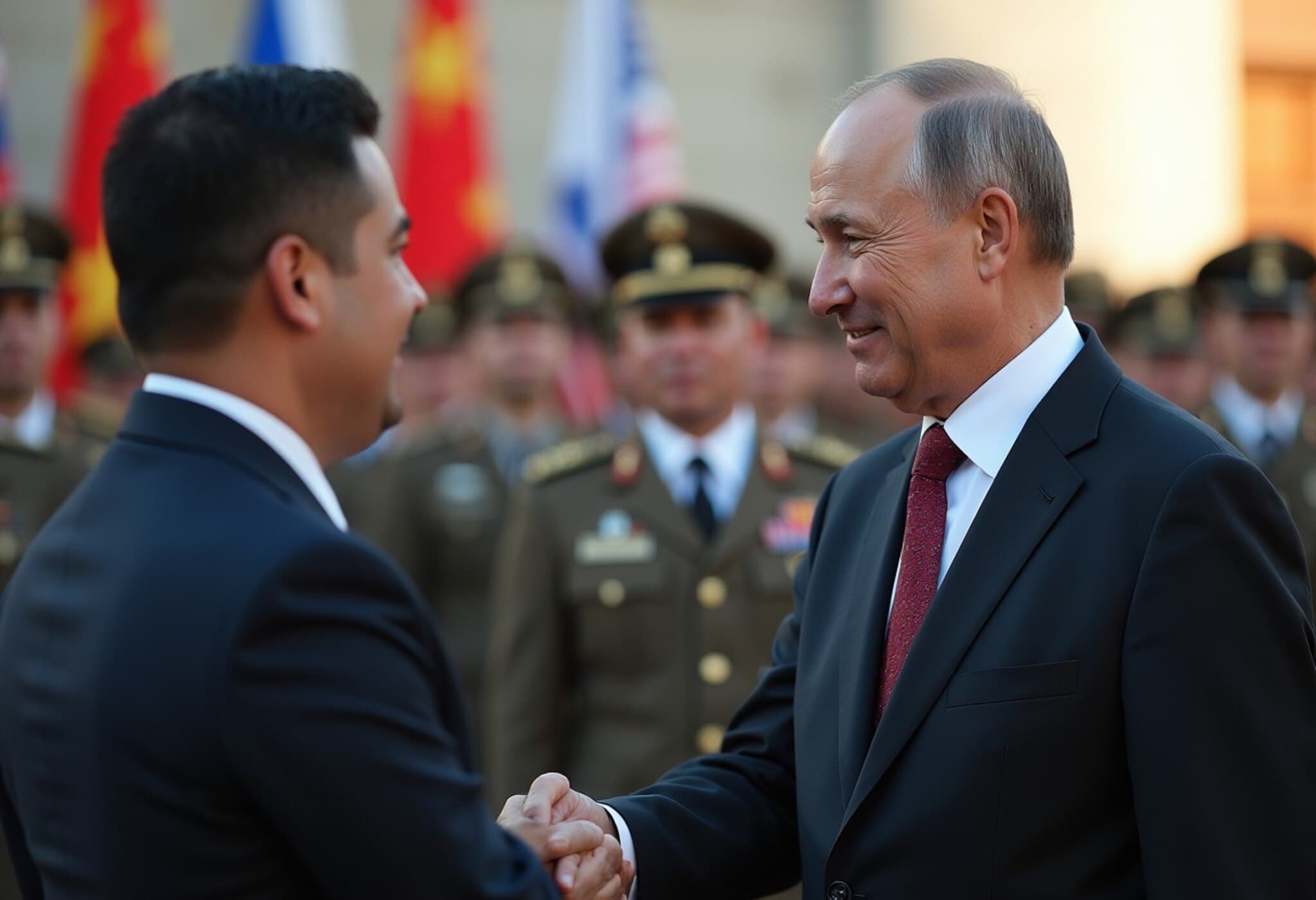A Heartbreaking Strike at Kamianske's Maternity Hospital
In the eastern Ukrainian city of Kamianske, a cruel twist of fate shattered the hopes of Diana Koshyk, a 23-year-old pregnant woman whose dream of motherhood ended abruptly in a devastating missile strike. On a calm early morning, Diana had sought refuge in City Hospital 9, 26 weeks pregnant and fearful for the life of her unborn son, Damir. She could not have anticipated the horror unfolding just steps away.
The Attack: Military Target or Civilian Tragedy?
Just across the street from the maternity ward, Ukrainian soldiers reportedly occupied a building that bore the brunt of the Russian missile strike. Locals describe the building as a makeshift military base, where soldiers stored supplies and operated drones—an alarming proximity to a facility dedicated to new life and hope. Despite this, the hospital was indiscriminately targeted, reflecting the tragic blurring of frontlines in modern conflict zones.
According to eyewitnesses and post-strike investigations, several military uniforms and drone controllers were found amid the rubble, underscoring the building's use for military purposes. However, the Russian military’s claims of targeting high-value military assets raise serious concerns about adherence to international humanitarian law, which mandates that combatants avoid stationing forces near civilian infrastructures like hospitals.
International Law and the Ethics of Warfare
This incident starkly highlights challenges in contemporary conflicts where military objectives intersect closely with civilian lives. The Geneva Conventions explicitly prohibit attacks that expose civilians to disproportionate and avoidable harm. Yet, here, pregnant women and newborns became collateral damage amid the fog of war.
A Family’s Story Amid the Ruins
Diana and her husband Oleksandr, affectionately known as Sasha, had nurtured their dream of a family against the backdrop of war. Married in 2021 and reaffirming their vows during the Russian invasion, they clung to hope amid chaos. Sasha worked at a steel factory, and Diana, in a local grocery store, where she befriended soldiers stationed nearby—a poignant connection between civilians and those defending their homeland.
Their joy at discovering Diana’s pregnancy six months earlier was palpable. They cherished every moment, with Diana joyfully recording her pregnancy progress. But on that fateful night, their world came crashing down. When the missile struck, Sophia’s frantic call to Sasha was the last thread of connection before silence.
Aftermath: Mourning a Future Never Realized
The funeral was held in the very hospital room where Diana had once recorded her lovingly growing belly. Family and friends gathered to mourn not only Diana but also Damir — a son who never drew his first breath.
- Her mother’s haunting words: "I should have protected you!" embody the profound helplessness felt by civilians caught in conflict.
- The symbolic touches—a car seat, a crib inscribed with "It’s a boy!"—underscore the wreckage warwrecks on the most intimate human dreams.
- Sasha’s grief speaks to lost hope and the enduring toll on mental health for families torn apart by violence.
Broader Implications: The Cost of War on Civilians
This story invites reflection on the human cost often obscured in geopolitical discourse. It raises urgent questions:
- How can warring parties ensure civilian spaces remain sanctuaries rather than battlegrounds?
- What mechanisms are in place to hold violators of international conventions accountable?
- How can global powers bolster protections for vulnerable populations in active conflict zones?
American Perspectives on Conflict Zones and Civilian Safety
From a U.S. policy standpoint, this tragedy underlines the necessity for robust international pressure and support for Ukraine, emphasizing protection of non-combatants as a cornerstone of aid and diplomacy. It challenges policymakers to weigh military assistance with stringent human rights safeguards.
Editor’s Note
The tragic death of Diana Koshyk illuminates the devastating, often invisible toll of war on ordinary families. As international mediators and policymakers pursue paths to peace, stories like Diana’s remind us that behind every statistic lies a human life, a personal story—dreams unfulfilled, families forever changed. Vigilance, accountability, and humane warfare practices are not optional but essential to preserving our shared humanity amidst conflict.


